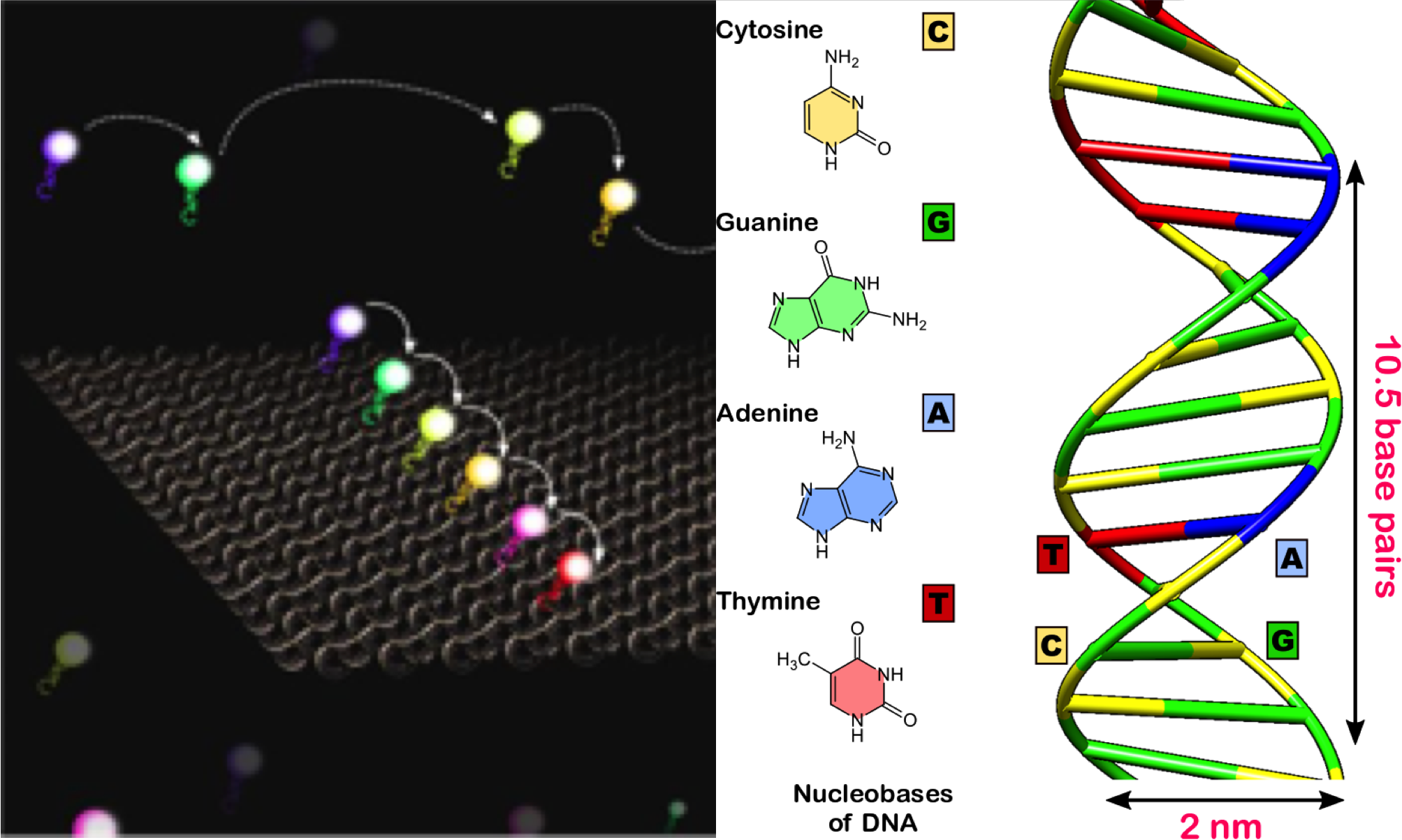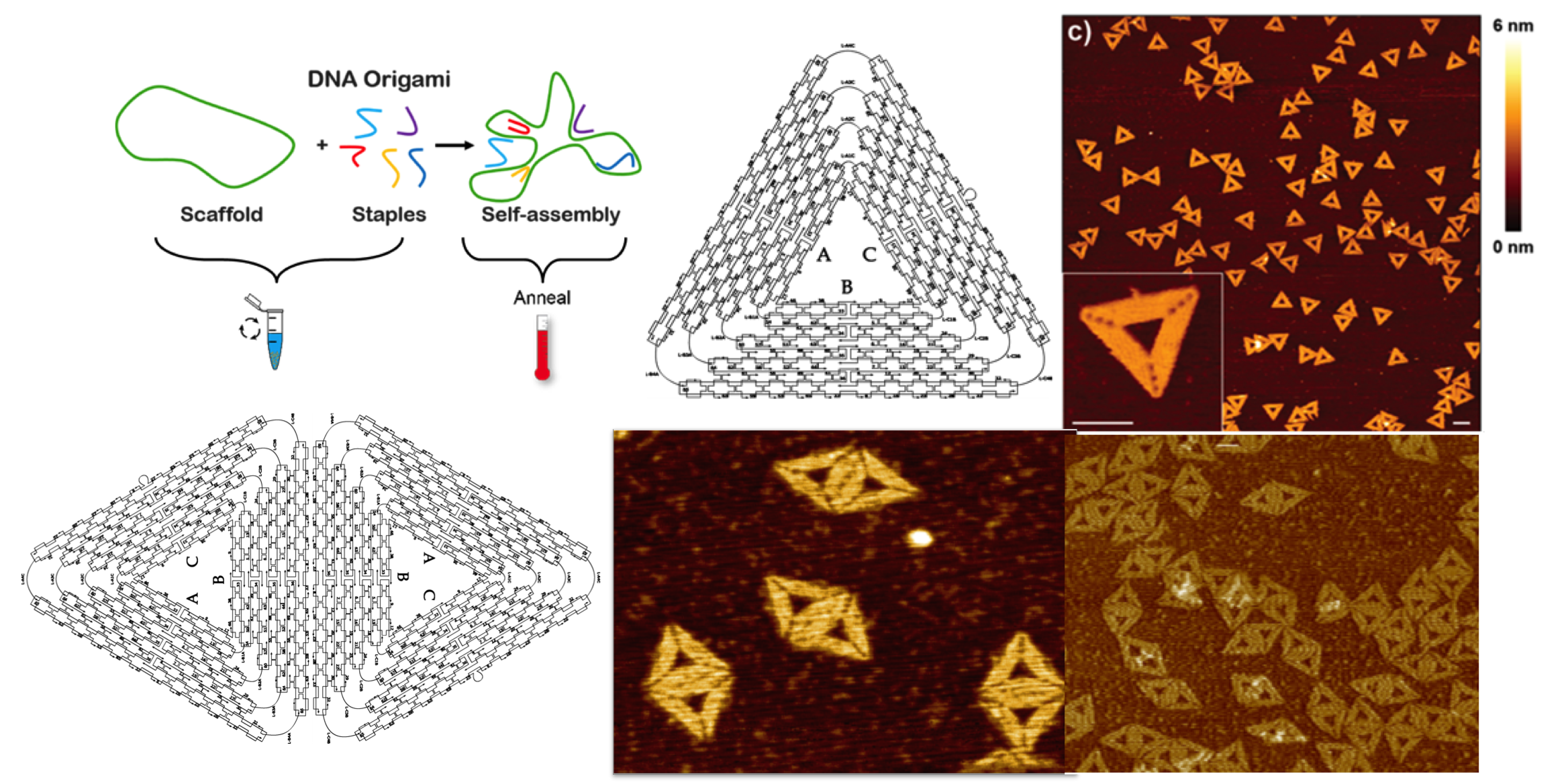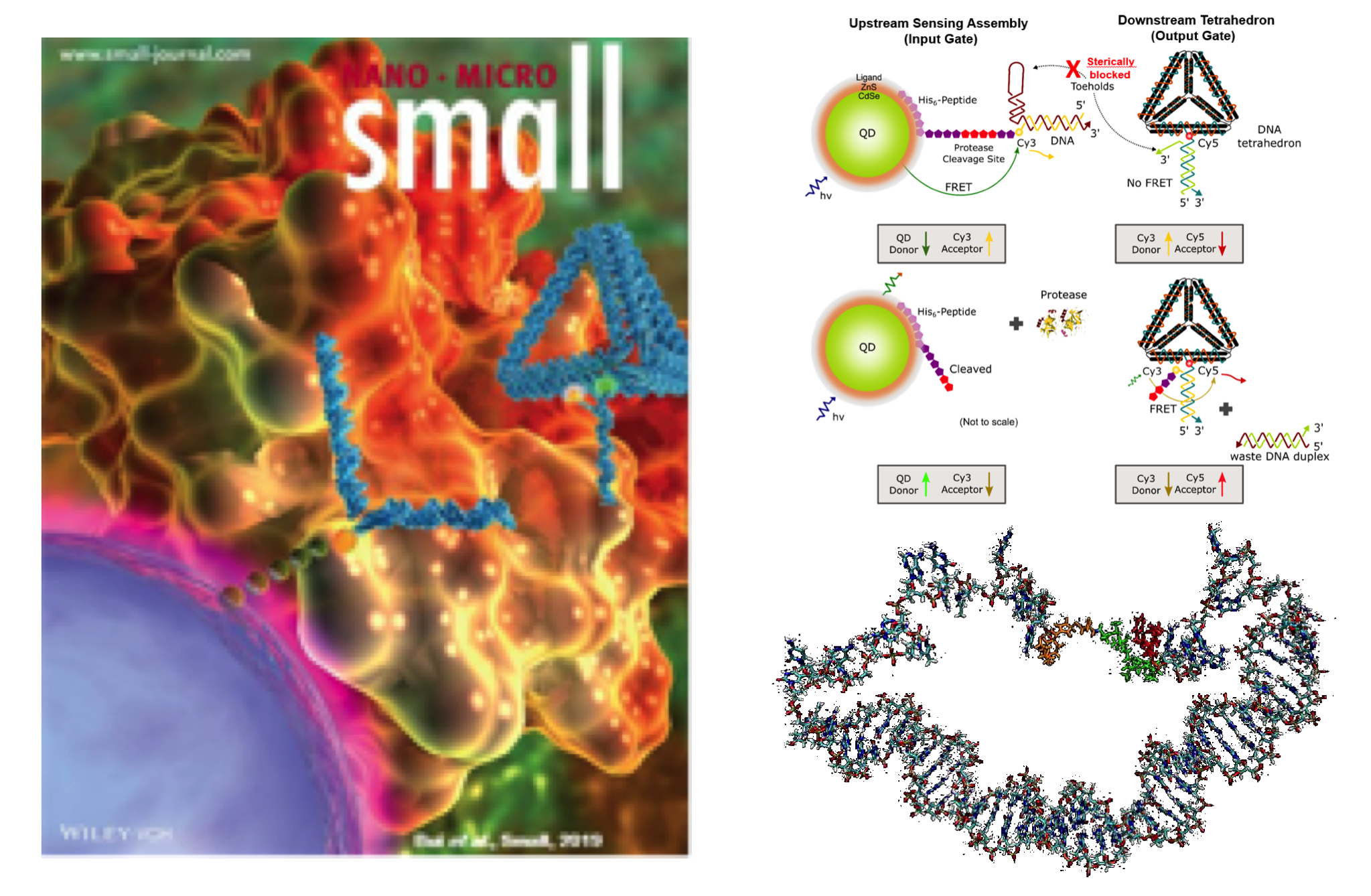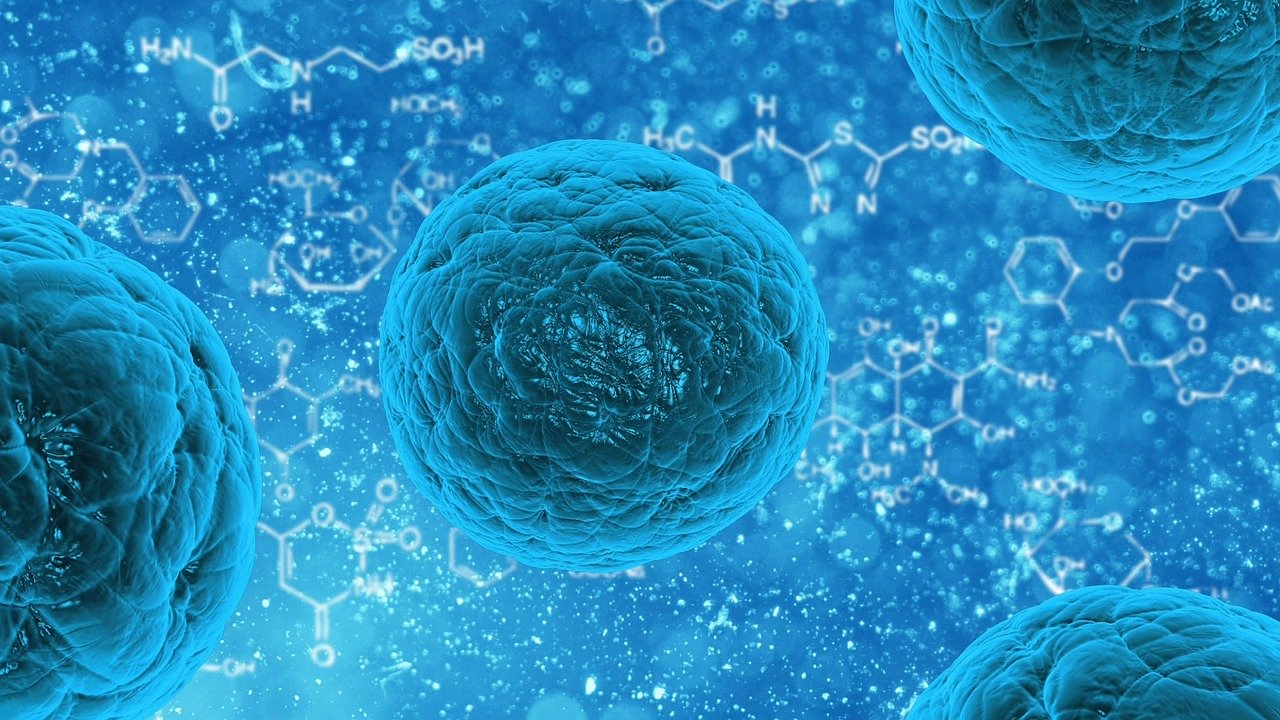Molecular Computing
Molecular computing is a promising field that offers numerous benefits, such as parallelism and self-assembly. By programming individual building blocks, such as amino acids, RNA, or DNA, they can self-assemble into trillions of circuits simultaneously in milliliter reaction volumes. Each of these circuits can then perform its unique function independently of other circuits, resulting in massive parallelism that can solve a coordinated set of computations in parallel.

This approach allows for a highly efficient and scalable method of computing, as it harnesses the power of self-assembly and enables the creation of complex systems from simple building blocks. Additionally, the ability to execute a vast number of tasks simultaneously greatly increases processing speed and reduces the time required to complete complex computations.
The use of molecular computing represents a groundbreaking approach to computing that has the potential to revolutionize the field and unlock new opportunities for scientific discovery and technological innovation.
DNA Nanotechnology
DNA nanotechnology is a field that allows for the design, programming, and production of artificial nucleic acid structures that can be used for various technological purposes. Unlike their role as carriers of genetic information in living cells, nucleic acids, such as RNA and DNA, are used as non-biological engineering materials. DNA is particularly well-suited for this purpose due to its four key properties, including self-assembly, programmability, predictability, and molecular recognition. This makes DNA the ideal molecular choice for constructing cutting-edge nano-bio-opto-magneto-electronics from the bottom-up.

The ability to manipulate DNA at the molecular level provides a powerful tool for engineering and manufacturing, enabling the creation of complex structures with unprecedented precision and control. With self-assembly, DNA molecules can spontaneously arrange themselves into predetermined shapes, while programmability allows for the precise placement of molecules to create specific patterns and structures. Additionally, the predictability of DNA means that the behavior and properties of these structures can be accurately predicted, making it easier to design and manufacture them to meet specific requirements. Finally, molecular recognition enables DNA structures to selectively bind to other molecules, providing opportunities for applications in sensing and drug delivery.
DNA nanotechnology represents a groundbreaking approach to engineering and manufacturing that offers unique advantages over traditional methods. By harnessing the properties of DNA, researchers can design and build complex structures with unprecedented precision and control, opening up new opportunities for technological innovation and scientific discovery.
Synthetic Biology
Synthetic biology is a field that enables the design, programming, and fabrication of biological components that are not found in nature, by applying engineering principles to biology. Our group focuses on the redesign of existing biological systems to make them more useful for various purposes. Our ultimate goal is to create artificial biological systems that can be used for research, engineering, and medical applications.

Through the application of engineering principles, synthetic biology provides a framework for designing and constructing new biological systems with specific functions. By introducing novel genetic components or modifying existing ones, we can create customized biological systems that can perform tasks that are not found in nature. For example, we can engineer cells to produce specific chemicals or materials, or to sense and respond to environmental cues.
Our work in synthetic biology has the potential to revolutionize various fields, from agriculture to medicine. By creating new biological systems, we can develop innovative approaches to solving problems and meeting challenges. For example, we can develop new ways to produce renewable energy, create more efficient and sustainable agricultural practices, or develop new therapies for diseases.
Synthetic biology is a powerful tool for designing and creating new biological systems with specific functions. Through our work, we aim to develop innovative solutions to real-world problems and advance our understanding of the natural world.
On-Going Applied Research Topics
- Molecular Storage Systems
- DNA Flash-Drive Memories
- Point-of-care DNA-based Biomarker Tests
- Isothermal Protease Sensors
- Hybrid Semiconductor Transistors
- DNA-based Optical Transistors
DNA Tetrahedron
(Illustration depicts a programmable molecular object out of synthetic nucleic acids)

